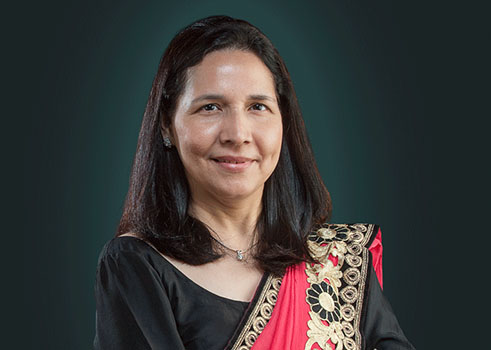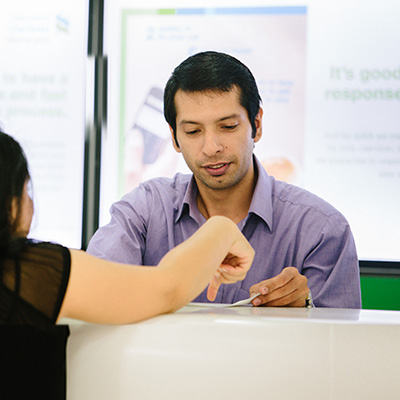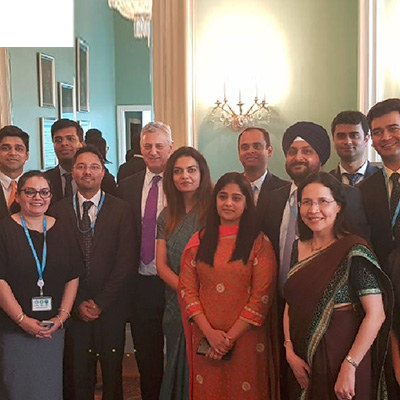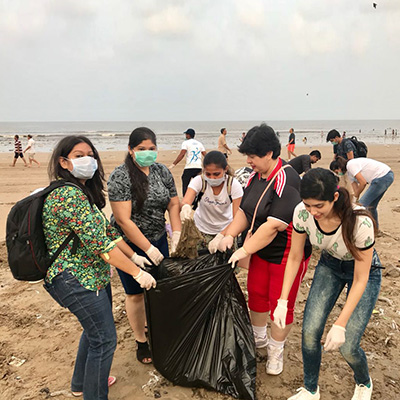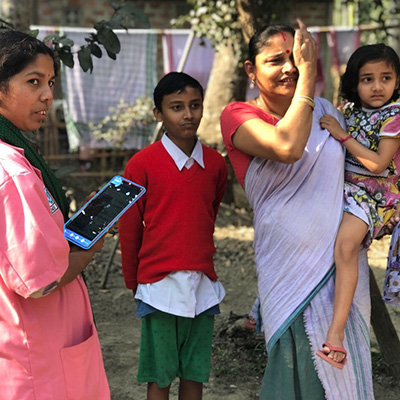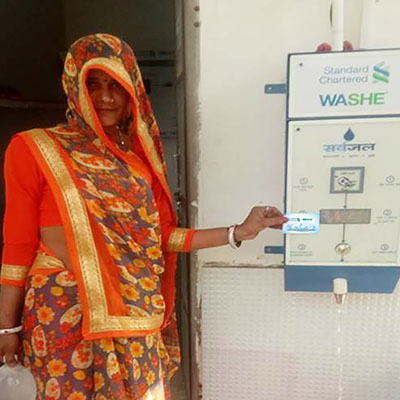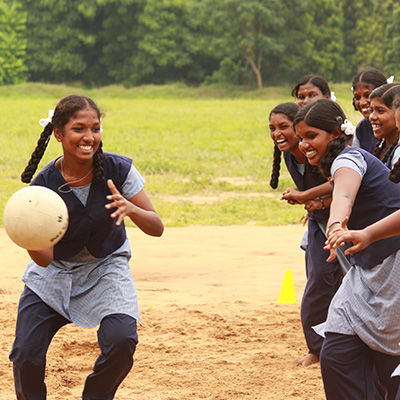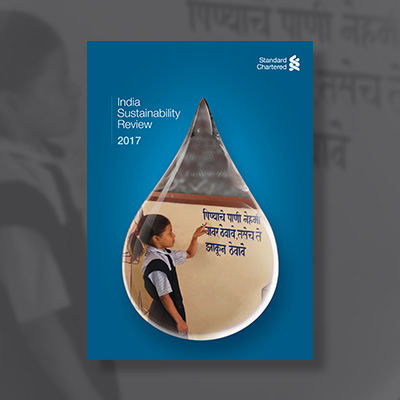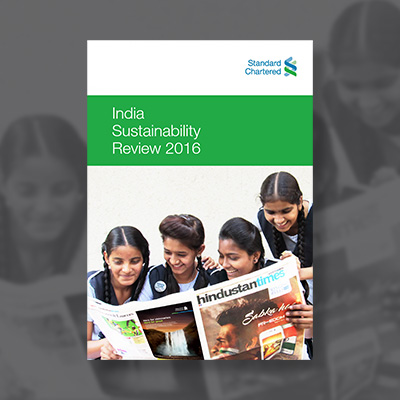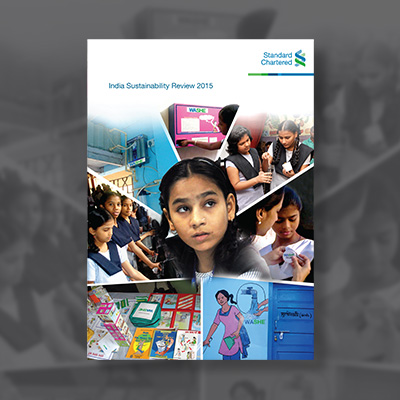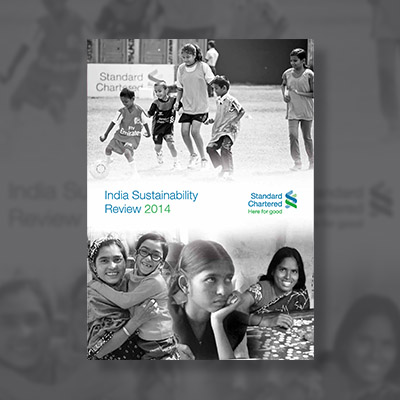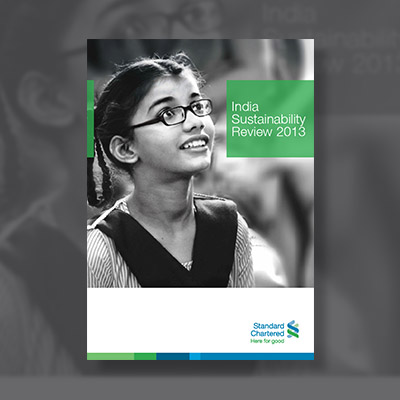We strive to operate as a responsible and sustainable company, driving prosperity through our core business, and collaborating with local partners to promote social and economic development.
Our sustainability priorities – contributing to sustainable economic growth, being a responsible company and investing in communities – provide a framework for how we respond to the social and environmental concerns of our stakeholders, and create opportunities to improve livelihoods. These are supported by our 11 global Sustainability Aspirations, which set out measurable actions to achieve sustainable outcomes. Aligned to the UN Sustainable Development Goals, the Aspirations were launched globally in 2017 to help address environmental and social matters identified by stakeholders and colleagues in our key markets.
In India, our sustainable community programmes target the issues of health, education, employability and entrepreneurship. Digital technology is interwoven into various aspects of our community programmes to significantly improve the value they deliver to the society, as well as, guide their future sustainability.
Seeing is Believing is our global flagship community programme which tackles avoidable blindness. In India, between 2003 and 2017 we have provided more than 13 million eye care interventions through a network of 125 vision centres across 22 states. In 2018, we launched a new project in Northeast India, and made a further investment to train and employ 100 underprivileged girls as certified ophthalmic paramedics by 2020. Our Seeing is Believing projects embrace and promote new technological advancements to deliver superior quality service and products, like the use of cloud-based mobile tablets for wider community outreach, or developing the Hummingbird phaco machine and Simply Reading application.
WASHE (Water, Sanitation, Hygiene and Education) is the Bank’s flagship community investment programme in India which provides access to water, sanitation facilities and education to adolescent girls in municipal schools, and disadvantaged communities at large. Between 2006 and 2017, we have impacted more than 100,000 girls in 18 schools across Maharashtra and Delhi. In 2018, we have added six new schools, thereby, expanding our WASHE school footprint to 24 schools pan India, reaching an additional 5,000 adolescent girls and 20,000 family members.
Since 2017, we have set up 14 solar water ATMs in technical partnership with Piramal Sarvajal, who is acknowledged as global pioneer in deploying remote tracking decentralised water solutions and solar powered, smart water vending machines (popularly known as Water ATMs). These water ATMs will benefit 4,000 people in the underserved communities of India. The WeSURE (Water for Enabling SUstainable Reforms) community project with the Confederation of Indian Industry (CII) Foundation and CII-Triveni Water Institute applies the world-class WATSCAN remote sensing tool to help villages transition from being drought-prone to drought-free. In 2018, we are strengthening watershed management in four villages of Aurangabad which will impact the lives and livelihoods of 5,000 farmers.
Goal is our global education programme to empower girls and young women through sport and life-skills training. In India, the programme has empowered more than 18,000 girls in 2017, and more than 60,000 girls between 2006 and 2017.

